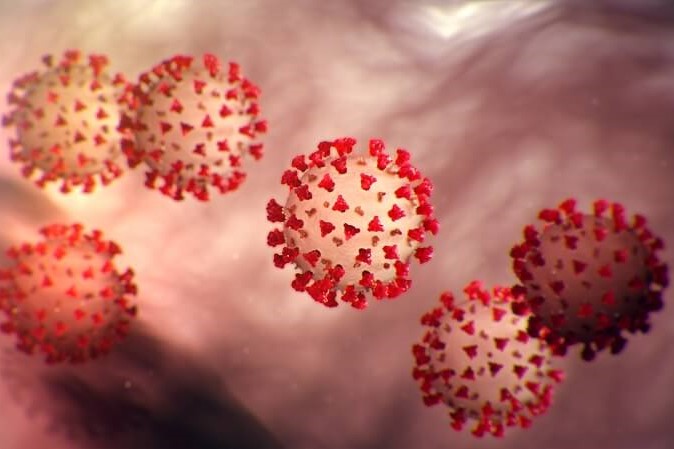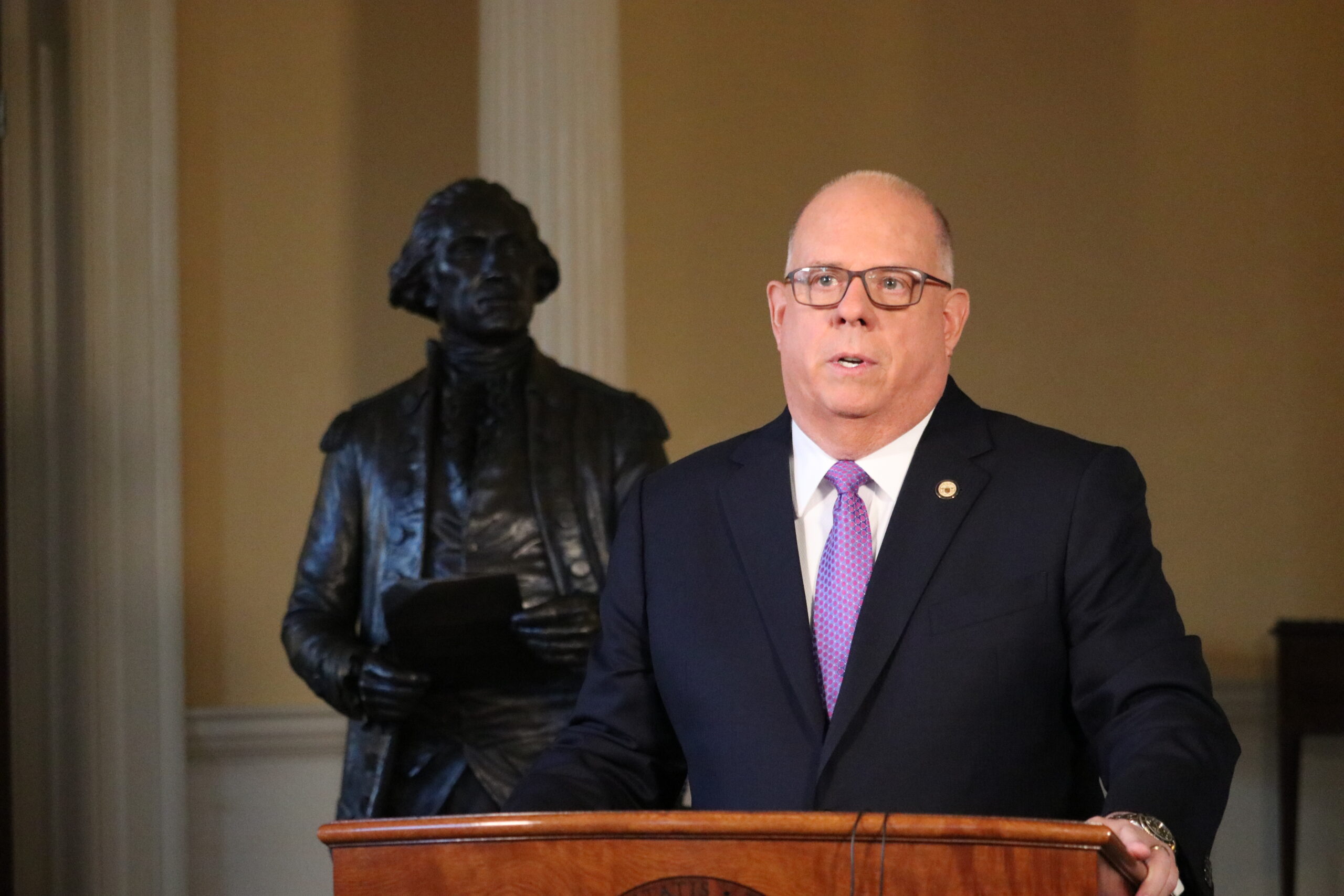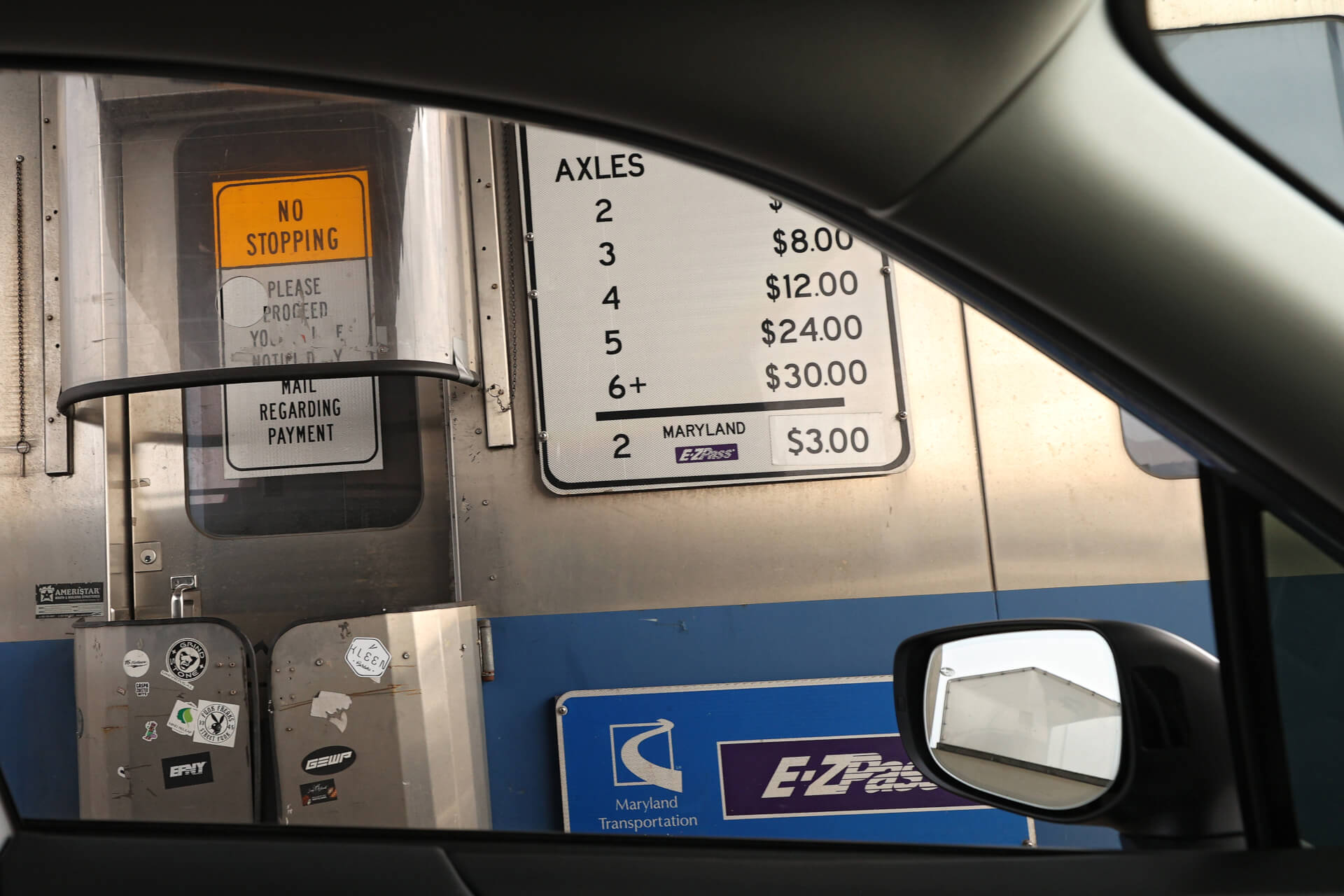Goucher Poll: Marylanders Growing Less Concerned About Spread of COVID-19

Marylanders continue to diverge ideologically when it comes to responding to the COVID-19 pandemic, according to new Goucher Poll results released Tuesday morning.
Overall, state residents are divided in their level of concern about themselves or a close family member getting COVID-19. Fifty-three percent are “very” or “somewhat” concerned, and 47% are “not at all” or “a little” concerned.
At this time last year, 71% of residents were “very” or “somewhat” concerned.
Democrats and unaffiliated voters remain more concerned about the spread: 59% of Democrats and 51% of independents said they were very or somewhat concerned, compared to 39% of Republicans.
The Goucher College Poll surveyed 635 Maryland adults, including 593 registered voters, from March 1 to 6, and has a margin of error of about 3.9 percentage points.
The poll also found that a plurality of residents, 44%, support the pace of lifting pandemic-related restrictions in the state as “about right.” Twenty-eight percent of residents think the pace to end all restrictions in their local jurisdiction is moving “too quickly,” and 25 percent say it’s moving “too slowly.”
Broken down by party, 36% of Democrats said restrictions were lifted too quickly, compared to 11% of Republicans. And 44% of Republicans said restrictions were lifted too slowly, compared to 13% of Democrats.
“As we enter into the third year of the pandemic, our results suggest that Marylanders are ready for a return to ‘normalcy’ and support their local jurisdictions ending the remaining mandates and restrictions,” said Mileah Kromer, director of the Sarah T. Hughes Center for Politics at Goucher College. “Getting COVID-19 remains a concern for many Marylanders, but the level of concern has waned.”
State residents generally approved of the way state and local leaders have handled the pandemic. Local health departments (71%) and Gov. Lawrence J. Hogan Jr. (70%) earned the highest approval.
Republicans and Democrats diverged on their approval of “Democrats in the General Assembly,” with 77% of Democrats approving of lawmakers’ handling, compared to 28% of Republicans. Residents were also divided on their assessments of the U.S. Centers for Disease Control and Prevention: two-thirds of Democrats approved of actions by the CDC, compared to just 34% of Republicans.
Impact of Climate Change
Pollsters also asked residents what impact they think climate change was having on the environment, economy and health:
Rising sea levels and retreating shorelines
- Major impact: 55 percent
- Minor impact: 27 percent
- No impact: 13 percent
Wildlife and ecosystems
- Major impact: 54 percent
- Minor impact: 27 percent
- No impact: 14 percent
Extreme weather, such as floods, hurricanes, or long periods of unusually hot weather
- Major impact: 54 percent
- Minor impact: 26 percent
- No impact: 18 percent
The fishing or agricultural industry
- Major impact: 46 percent
- Minor impact: 29 percent
- No impact: 15 percent
Air quality
- Major impact: 38 percent
- Minor impact: 41 percent
- No impact: 18 percent
Human health
- Major impact: 40 percent
- Minor impact: 40 percent
- No impact: 16 percent
The climate change questions also showed an ideological split: between 25% and 34% of Republicans said climate change was having no impact on any of the areas polled, compared to 8% to 10% of Democrats who answered the same.




 Creative Commons Attribution
Creative Commons Attribution